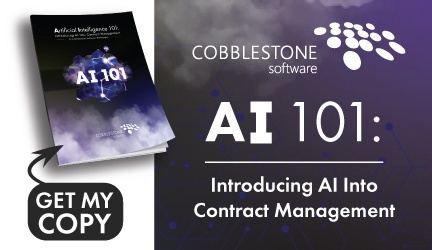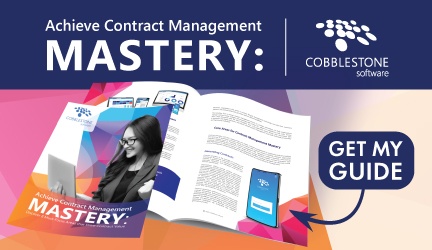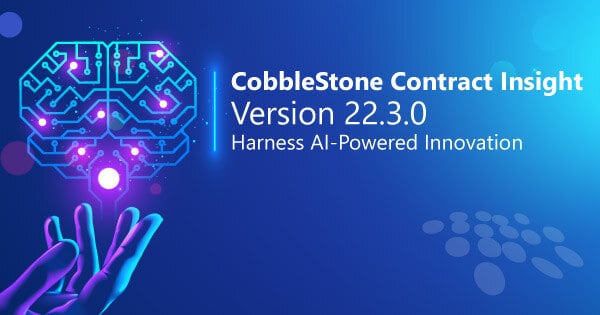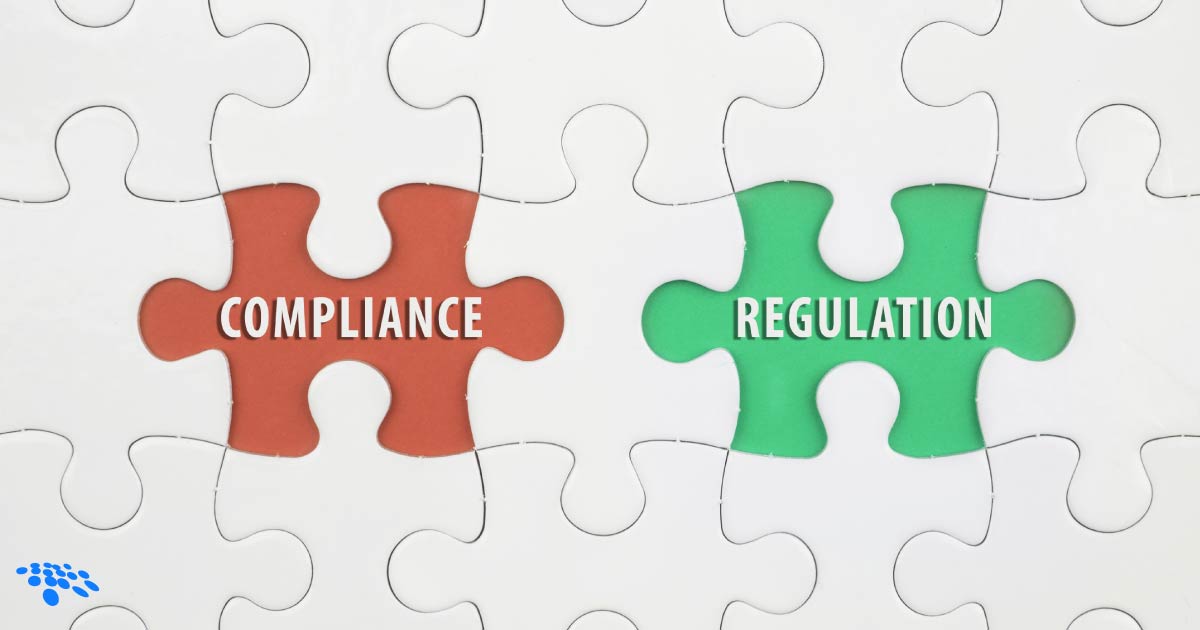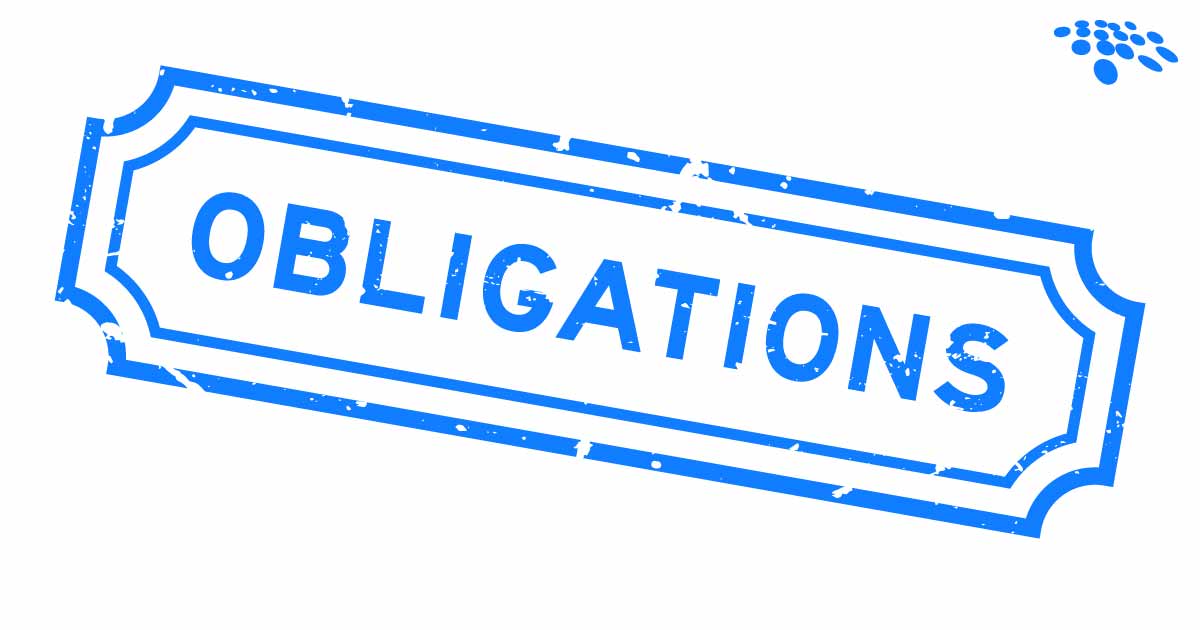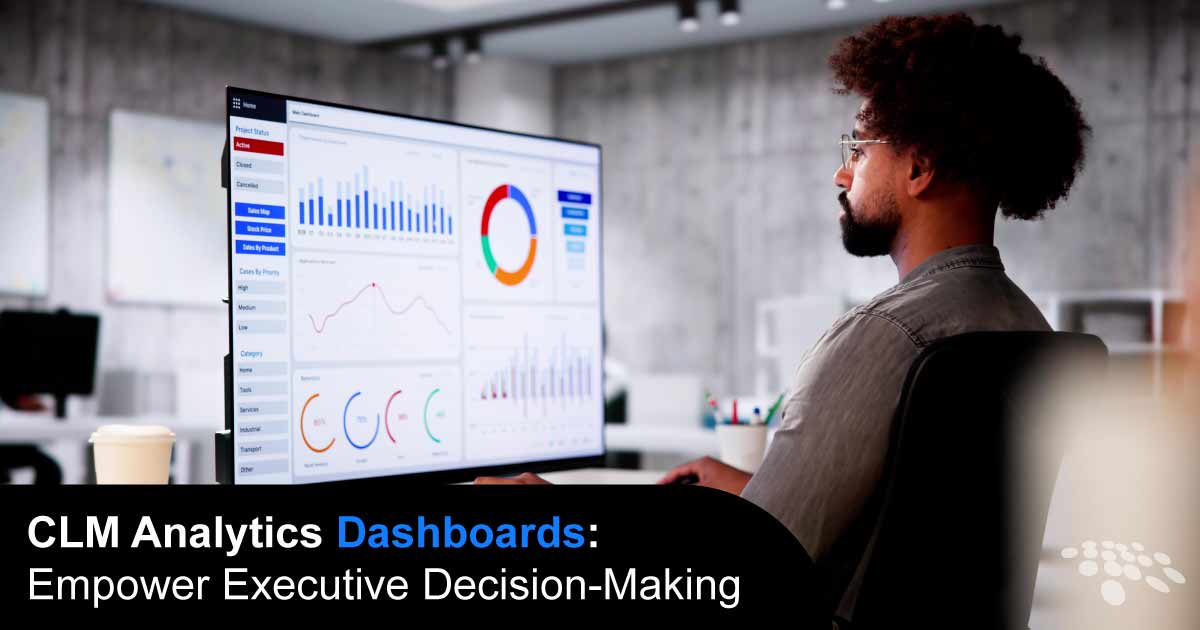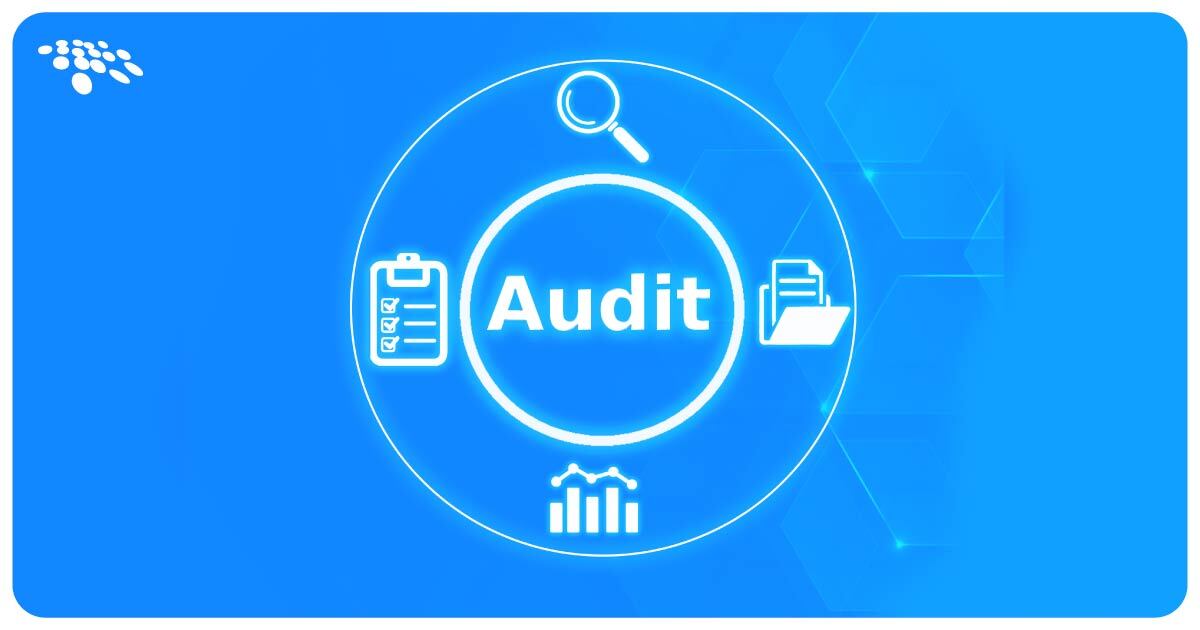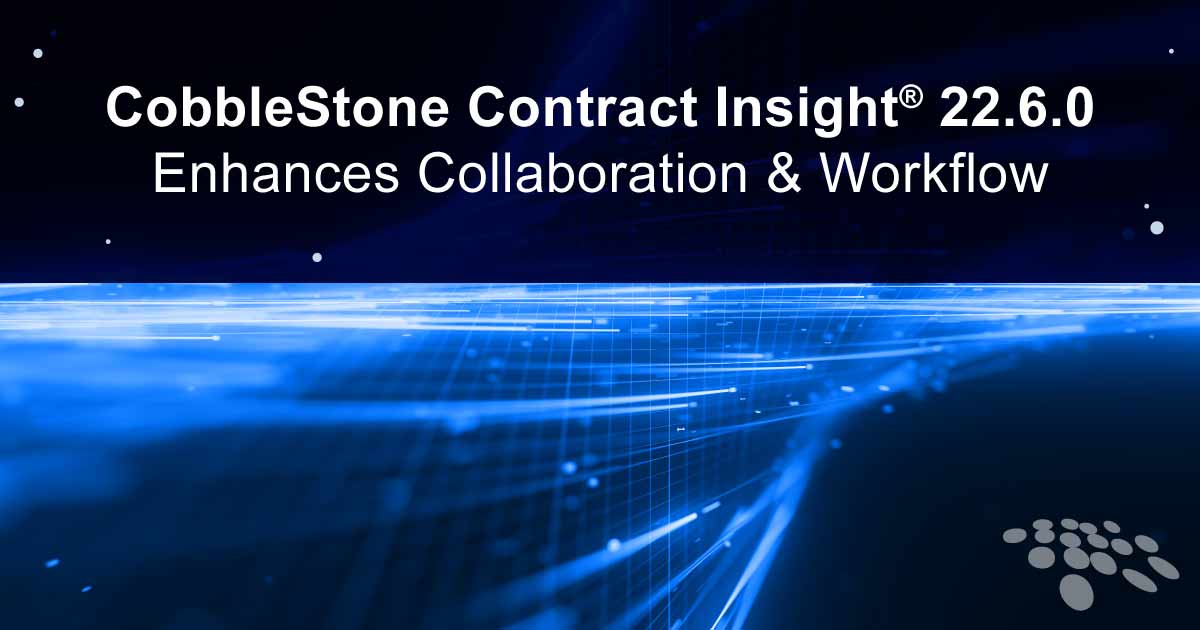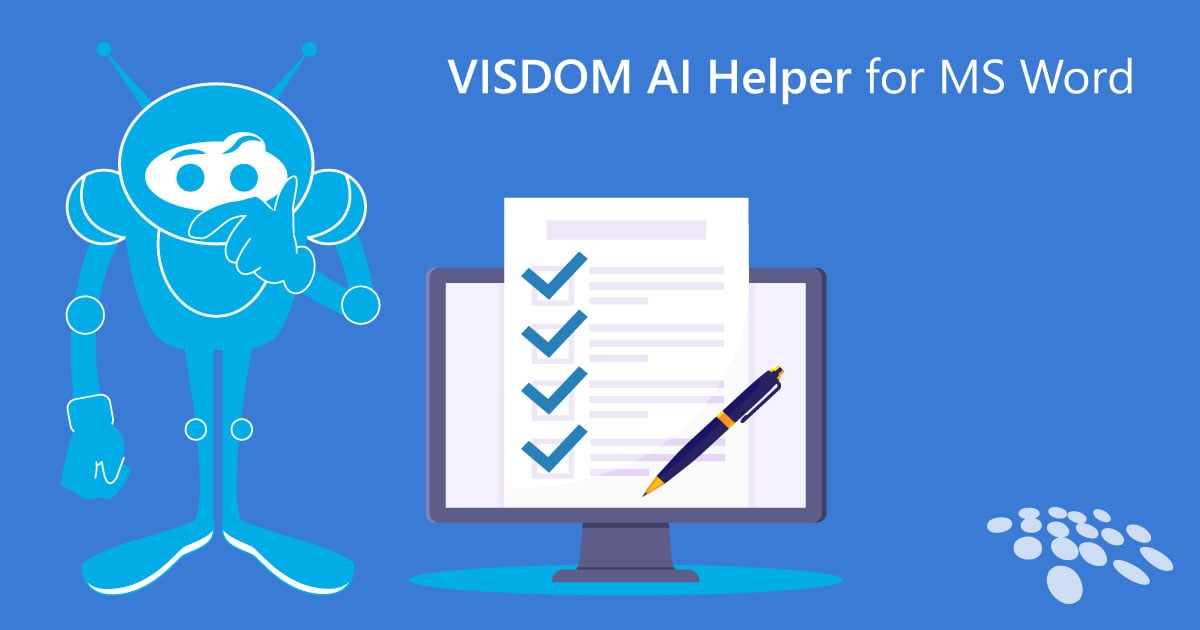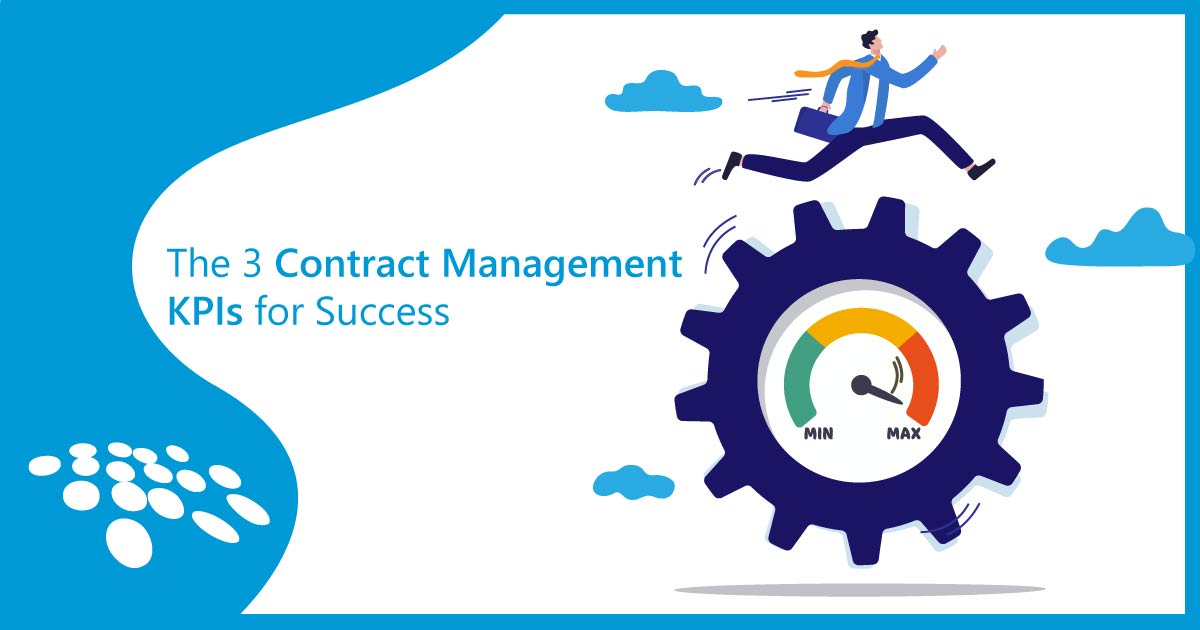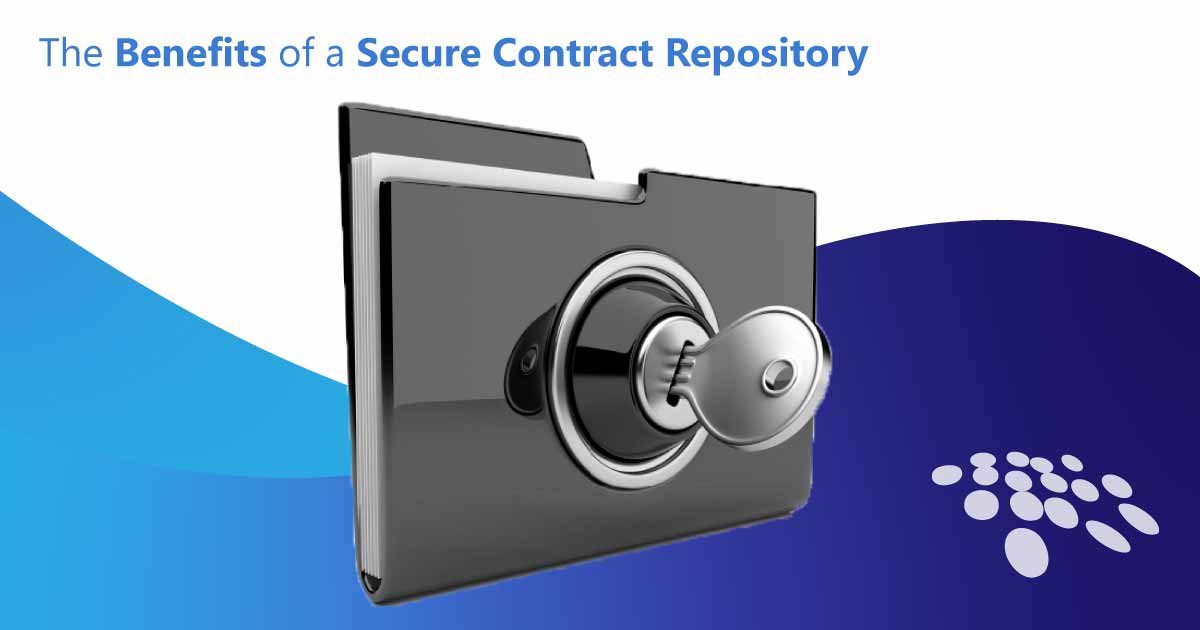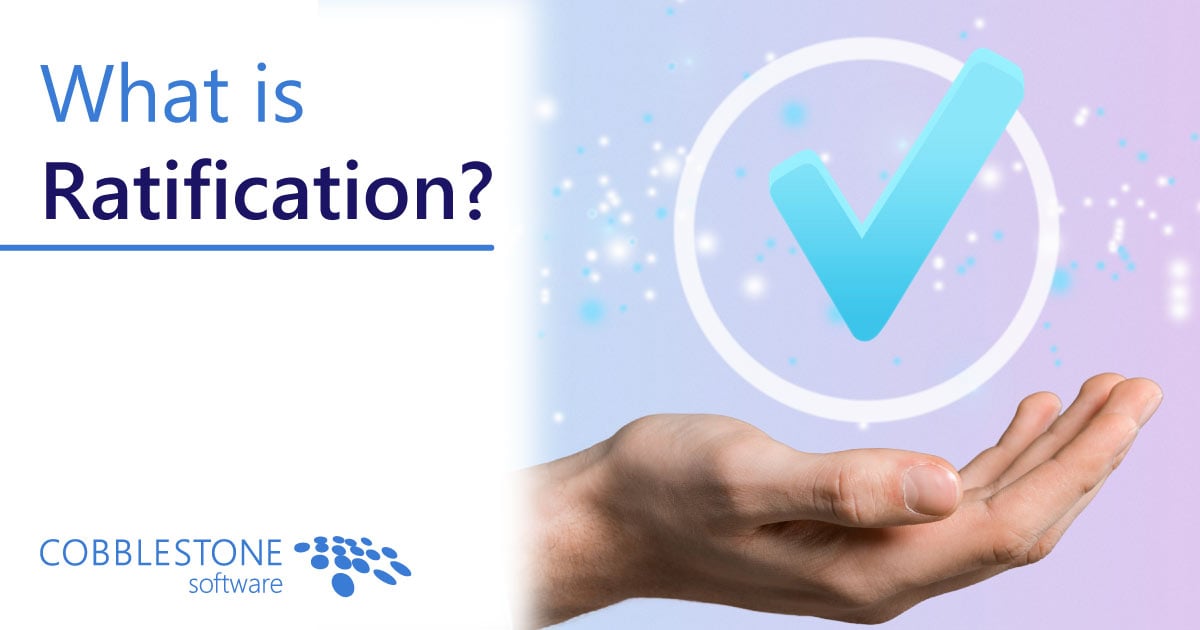
There are many efficient contract management platforms on the market for small businesses, expansive enterprises, and those in between. As such – searching for the best contract management software with which to manage contracts can be daunting. But it doesn’t have to be; you just need to know which contract lifecycle management requirements to look for when implementing a contract management system.
As such, let’s discuss ten items on a contract management system requirements checklist to look for when deciding on a CLM software solution that saves time and money for your organization.
#1 - Automated Contract Data Extraction With AI
When implementing contract management software requirements, the cloud-based software you choose should definitely provide contract data extraction as a starting off point for contract data oversight and your contract management requirements checklist. With contract AI, you can extract legal text and clauses using natural language processing (NLP), fuzzy logic matching, and structured data recognition to make the most of legal clauses and terms. You can also identify sensitive data and establish rules for access and storage of:
- counterparties.
- dates.
- locations.
- emails.
- phone numbers.
- monetary values.
In today's environment, your contract lifecycle management requirements should include generative AI for contracts. Businesses across sectors and niches are embracing generative AI, so you should trust a contract management solution with OpenAI integration for using a chat feature to generate clauses, legalese, ask questions about legalese, ask questions about your contract management software system, and more! For a truly modern experience, it should be included on your contract management system requirements checklist.
#2 - A Secure & Searchable Contract Repository
A secure and searchable contract database allows your team to locate documents, data, files, attachments, and more - eliminating time-consuming, manual search processes - and thus should be among your contract lifecycle management requirements. Some meat and potatoes features of a contract repository should include familiar "Did you mean...?" search functionality, search filtering options, search content and file previewing, drill-down searching, the ability to export search content into familiar file formats, and user permissions/rules around who can access contracts and other data.
A huge step beyond filing cabinets and sporadic shared drives for searching for various complex contracts, contract lifecycle software can support your team with a long-term solution for finding contracts (virtually) anywhere at any time. As such, a secure and searchable contract repository is an ideal feature for your contract management system requirements checklist.
#3 - Support of Ranging Contract Types
Organizations manage almost endless different types of business contracts for both public and private sector business relationships. The business contract management software solution you choose should support all of these business agreements.
Your team should be supported for virtually all of the different types of contracts you manage. Your system should provide a list of out-of-the-box contract types so you can quickly begin keying in new contracts. Furthermore, you should be able to add a virtually unlimited number of user-defined contract types. Additionally, authorized users should have the ability to manage the list of contract types as contract management requirements evolve. So, include the ability to manage a variety of contract types in your contract lifecycle management requirements.
#4 - Common & Configured Contract Metadata Fields
In addition to out-of-the-box fields for common contracts, your contract management system requirements checklist should include functionality that simplifies creating contracts and tracking metadata for specific types and processes. Management of these fields should be flexible - allowing you to assign fields to one or more contracts, grant permissions regarding fields for one or more employees, oversee what types of metadata fields you manage (such as dropdown, free form, numeric, etc.), and more. Advanced solutions also offer intelligent recommendations for fields for clauses and legal terms.
#5 - Contract Templates & Version Tracking
To make it easier to draft contracts during contract creation, you should trust a solution that allows you to merge contract metadata fields and clauses with contract templates from your pre-approved template and clause library. Additionally, you can leverage numbered version control and audit trails to track the most up-to-date contracts. These processes help your team members build compliant and accurate contracts with ease to bring them to the proverbial negotiation "table." As your contract lifecycle management requirements change, you can start leveraging advanced clause recognition based on significant amounts of training data.
#6 - Online Negotiations With Auto-Redline & More
Your team should have the capacity to engage in contract negotiations with ease. Make sure clauses and sections can be locked so that - with clause ownership - those assigned to clauses and sections are notified when someone tries to edit them. Be on the lookout for contract auto-redline. This feature can automate the inclusion of clauses from your pre-approved library while redlining originally introduced clauses and swapping them with established and accurate preferred clauses - virtually ensuring that favorable clause language is included. Comprehensive audit trails make it so that you and the parties involved are on the same page - and no unpreferred contract version slips past your team. Make sure these negotiation features are on your contract management system requirements checklist.
#7 - Electronic Signatures
You would be remiss not to leverage a cloud-based contract solution that supports a fast and easy way to execute and sign contracts after the approval process as one of your contract lifecycle management requirements. You can automate document management, electronic signatures, and digital signatures with security and compliance via a legally binding process. Convenient placeholder options can quicken the process on your terms - and custom colors, fonts, sizing, and formats can provide a professional and branded experience for your contract management system requirements checklist.
#8 - Contract Document & Data Archival & Retention
Your CLM solution needs to allow you to easily manage contract archival, retention, and destruction. You can configure notifications to alert assigned users of data ready for archiving or purging based on key dates, compliance standards, and other variables. Rather than automate contract purging (which we do not encourage) you can automate workflows for your team to review closed contracts ready for purging within a manageable timeframe, helping with mitigating risk and reducing accidental data deletion. Moreover, audit trail history with trackable status changes can enhance contract data task management oversight and data policy accountability. Include these features among your contract lifecycle management requirements.
#9 - Contract Analytics
You need to be able to take a proactive approach to contract analytics beyond the standard, out-of-the-box reports. On the contrary, the optimal CLM solution should also serve as a contract tracking software system in and of itself.
You need real-time, data-driven visibility into contractual relationships across entities or business units on your contract management system requirements. You should be able to prevent unexpected costs and breaches of contract, maintain compliance, prepare for contract renewal dates, reduce inefficiencies, and address payment and negotiation timelines. Dashboard contract management can provide analytics at a glance, such as:
- Contract KPIs
- Contract Overviews
- Contracts by Department
- Vendor Management Summaries
- Year Analysis
#10 - User-Friendly CLM Integrations & Connectors
Better contract analytics should also be considered among contract lifecycle management requirements. This can be achieved with a system that offers user-friendly integrations and connectors to:
- word processing tools.
- spreadsheets.
- external eSign platforms.
- CRM systems to keep contract management and sales teams on the same page.
- accounting systems.
- solutions for change management optimization.
- these tools and many more!
Feel free to ask a solutions provider if they support integrations with other systems you may want to centralize contract management processes with others.
Closing Takeaway
In the end, the key takeaway is that there are various contract management system features out there - and you should make sure the contract management system requirements checklist items above are available as a boilerplate start. The data shows that the vast majority of legal teams (according to leading analysts) are embracing solutions for stronger business processes with award-winning features.
During your search, consider CobbleStone Software - a proven leader in CLM solutions.
CobbleStone Contract Insight is highly configurable, and flexible, and can easily scale with your evolving needs. It has been widely acclaimed by customers and third-party analysts alike for its user-friendliness, customer support and education options, seamless integration capabilities, and versatility.
To get started with these tools to serve your contract lifecycle management requirements and more, book a free demo of CobbleStone® today.
*Legal Disclaimer: This article is not legal advice. The content of this article is for general informational and educational purposes only. The information on this website may not present the most up-to-date legal information. Readers should contact their attorneys for legal advice regarding any particular legal matter.
This article was originally published on April 6, 2023 and updated on September 4, 2024.




